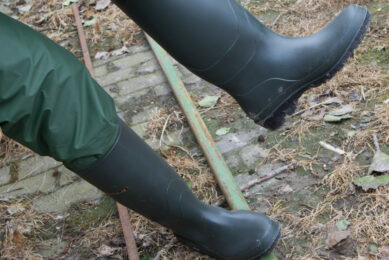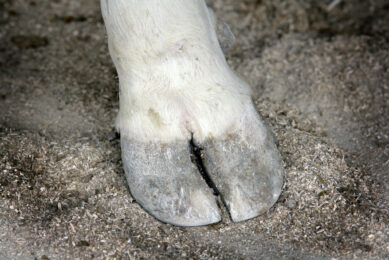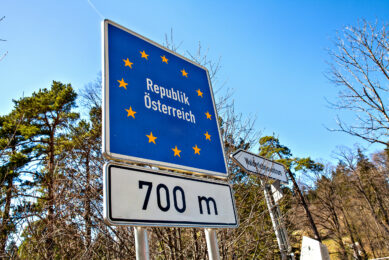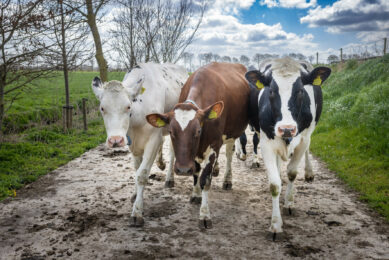FMD Germany: Suspected goat farm proves negative for virus
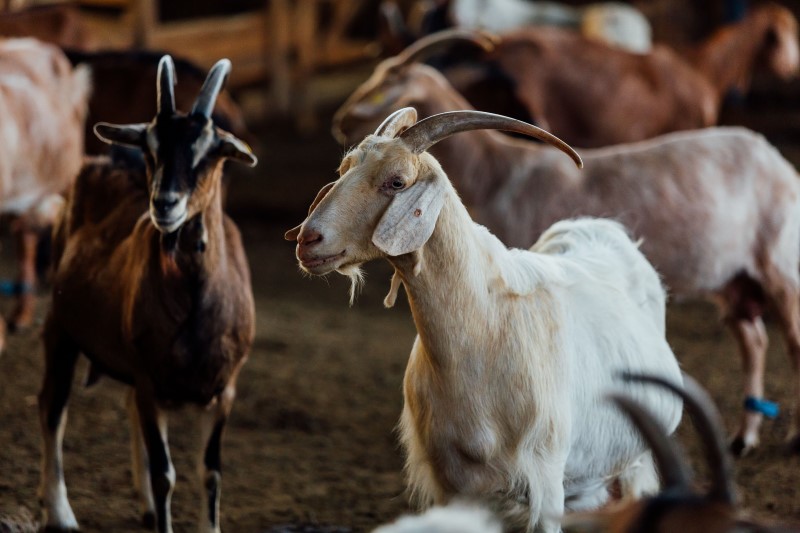
The Foot-and-Mouth Disease (FMD) outbreak in Germany is still confined to just one case. On Thursday (16 January), there was panic that the virus may have emerged at a 2nd location in a nearby goat farm, but tests revealed that samples tested negative for FMD virus.
The FMD situation has been known for a week now, since 3 dead water buffalo tested positive for the virus on a farm in Hoppegarten, Brandenburg, about 20 km east of the capital Berlin. As a precaution, all other 11 water buffalo on the organic farm were culled, as well as animals on farms within a 1km radius, which included 170 pigs.
Obviously, scrutiny has been raised. In the Barnim district, about 15 km from the location of the outbreak, goats on a hobby farm had been found with blisters in their mouths. Those animals were culled on Wednesday. The German reference lab, Friedrich-Loeffler-Institute, reported on Friday morning that the animals did not carry the virus nor had antibodies against FMD virus.
“There is nothing to prevent milk and meat products from being sold outside of the restricted zones…”
Cem Özdemir, Germany’s federal minister of agriculture, was quoted to be upbeat about the fact that no further spread was demonstrated, but emphasised to continue being vigilant. He told the radio station Deutschlandfunk: “Germany isn’t free of FMD.”
Aiming for regionalisation
In that same interview, Özdemir said that he would like to transfer the principle of regionalisation to third countries (outside the EU). He is in intensive talks with international trading partners to transfer the regionalisation that applies within the EU as well. “There is nothing to prevent milk and meat products from being sold outside of the restricted zones,” he emphasised.
The dairy market has a lot to lose
The FMD case in Brandenburg can have consequences for dairy exports. What are the most important export products from Germany and where do they go? The Agricultural Market Information company (AMI), based in Bonn, Germany, summarised that in the German agricultural title Top Agrar.
For the German dairy industry, exports are of great importance. About every 2nd litre goes either to the EU internal market or to the world markets.
Of all dairy products, cheese is the most important. In the first 10 months of 2024, Germany exported 1.22 million tonnes of cheese. Around 86% of this went to countries in the European Community, with Italy, the Netherlands and France being by far the most important buyers. Around 14% of cheese exports went to 3rd countries, including the UK, Switzerland, the Dominican Republic, Japan and Chile.
Other products include skimmed milk powder (33% of the volume goes outside the EU to Egypt, Vietnam and Saudi Arabia, for example); milk and cream (16% of the volume goes to 3rd countries, mainly China); and butter and butter fat (8% of the volume to countries outside the EU, most importantly South Korea).
Bank to the rescue for damage caused by FMD
The German Rentenbank has responded to FMD and its economic consequences. Agricultural producers that are affected by the outbreak have been invited to apply for low-interest loans through an open liquidity programme. All agricultural businesses that can prove a drop in sales and/or profits of at least 30% due to FMD are eligible to apply.



